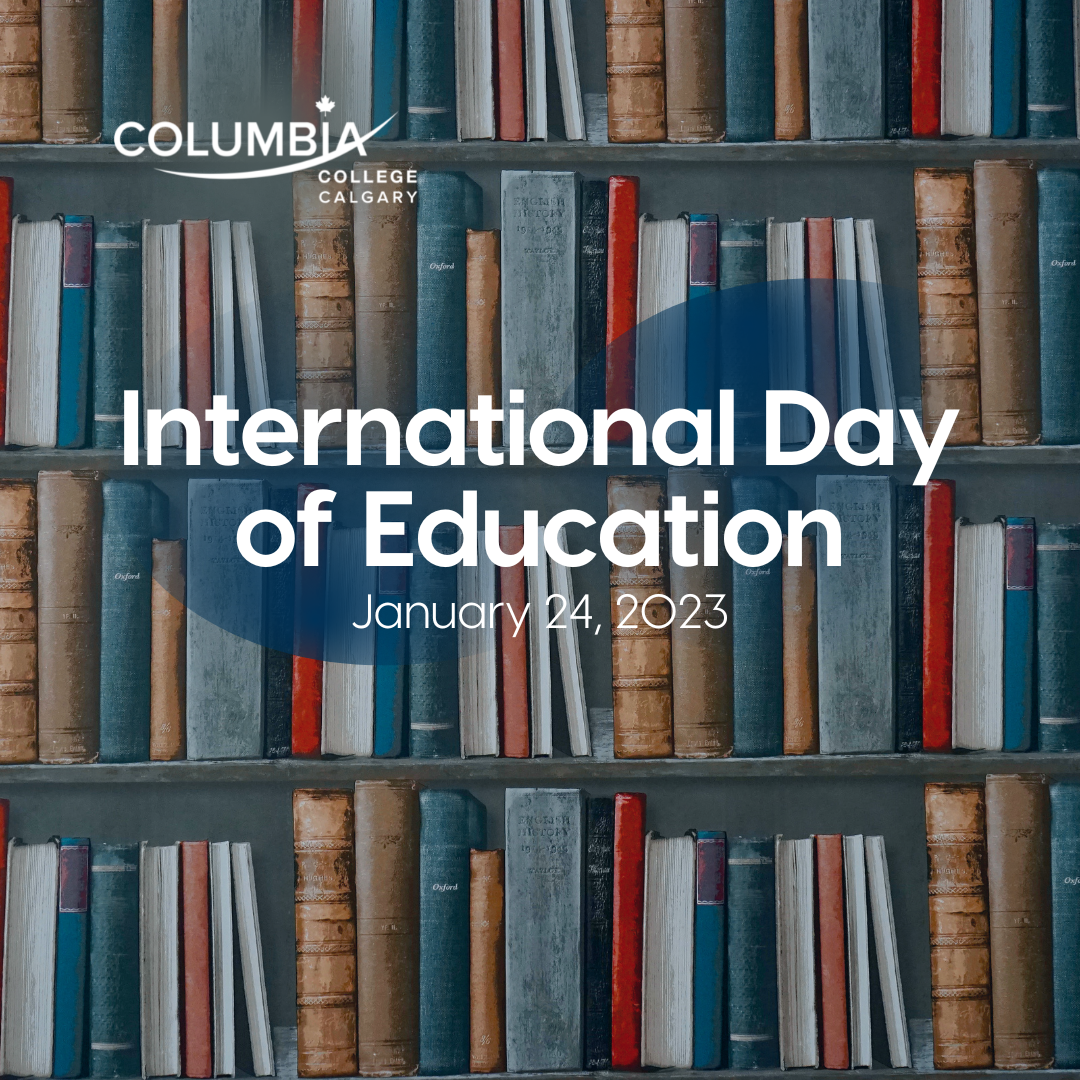A simple but powerful directive: “To invest in people, prioritize education.”
On this day five years ago, the United Nations General Assembly declared January 24th to be the International Day of Education in commemoration of the role that education plays in sustainable peace and development. This day serves as a reminder to communities all over the globe—and the governments that are responsible for them—of the importance of accessible education. This year’s theme is a simple but powerful directive: “To invest in people, prioritize education.” This theme was chosen at the UN Transforming Education Summit (TES) in September, which identified inclusive, equitable, and relevant education as the key to achieving sustainable development goals and fighting critical issues such as gender inequality, climate change, and crises in finance. As a result, TES saw national commitments from 133 countries to respond to calls to action and transform education for the common good. Now more than ever, the international community understands that a hopeful future for humanity can only be possible when all people, from individuals in local spaces to the highest governing institutions, begin regarding education as what it truly is: a fundamental right.
This year’s Day of Education is met with a pressing issue of gender equality occurring in Afghanistan. Access to education—including postsecondary—for Afghan girls beyond the age of twelve has been suspended indefinitely by the government, taking a staggering 2.5 million girls and women out of school. This severe circumstance of gender discrimination is at the forefront of the UN’s efforts to improve education this year. Of the six calls to action that the international community rallied around in September, one “Encourages wide take-up of the global initiatives launches at the TES to […] promote public digital learning, advance gender equality in and through education and ensure learning continuity in situations of emergency and protracted crisis.” Countries are being held accountable to “mobilize political and financial support” to reap results. UNESCO is celebrating in New York to bring awareness to this day and give a platform to leaders, youth, learners, and teachers to present their ideas and experiences.
As the public becomes more engaged with the mission of transforming education, change can be seen at the country level around the world. Nations are more proactive than ever before, which is due in no small part to the dramatic impact that COVID-19 has had on education delivery, quality, and accessibility. In commemoration of this day, the Canadian government has dedicated $78.9 million in new emergency funding to education programming. This development builds onto the continuous of the Council of Ministers of Education. In 2019, it made up almost 50% of postsecondary funding. Another 25% came from donations, non-government grants, bequests, investments, and sales of products and services.
It’s easy to mistake the efforts of improving education as something to be left up to those in positions of power and to be applied in only the most necessary cases. This couldn’t be further from the truth. Even at the provincial and municipal level, affordable and equitable education is advocated for. The Government of Alberta offers a plethora of grants, bursaries, and scholarships to assist learners in advancing their education and improving their quality of life. Among these supports are funding for students with dependants, disabilities, and low income. Students in EAL studies or Employment Training are also offered financial support through the Alberta Works program. There are even options for immigrant and refugee learners to receive loans in order to get training for their previous field of work through charities like Windmill Microlending. Students all over the province and city—and of course, at Columbia College—benefit from these programs’ investments. Accessible and affordable education opens doors of opportunity for people from all walks of life. Columbia College is well aware of this and provides learners with quality advice that helps them strategize, through resources like the ones described here, affordable financial plans for their education.
The fight for the right to education would not be nearly as strong without the backbone of ambitious, innovative, and passionate learners. Those who stand to gain the most from improved education should have the loudest voices in its discussion. It comes as no surprise, then, that the Transforming Education Summit was co-founded by a movement called the Youth Declaration, comprised of youth and adolescent activists advocating for their future. A statement made by this movement in regard to TES is as follows: “If we are to survive and thrive in planetary peace and righteous equality, then education is our primary source of hope and resolution.” This initiative serves as an example for young people everywhere and the impact they can have on their own education. Youth groups in our own city are also fighting for their education. In the last week, we have seen local universities organizing protests in opposition of upcoming tuition hikes. When students take charge in this way, it not only improves their quality of education but also promotes a value for learning.
Columbia College is proud to be aligned with the core principles of this day. Investing in individuals has always been the key approach to learning at Columbia. We believe in goal-oriented, student-centred education that teaches more than just academic material. Curriculums also focus on training students for the real-life work conditions that await them; our students are taught the professional behaviours and skills needed to excel in their careers. Columbia also strives to accommodate learners’ individual circumstances and make going to school easier. Students with children are encouraged to get in touch with the Columbia Childcare Centre, our own daycare for students and the public. Every Columbia student is also provided with an advisor who provides guidance, resources, and advocacy. Providing students with this holistic support allows them to focus all their best efforts on their learning journey. Consequently, Columbia students have excellent rates of graduation, satisfaction, and employment. In 2020, our College saw the completion of 92% of diploma programs and 94% of certificate programs. Columbia College will continue to advocate for quality education that invites growth and meaning into students’ lives.
Happy International Day of Education!


